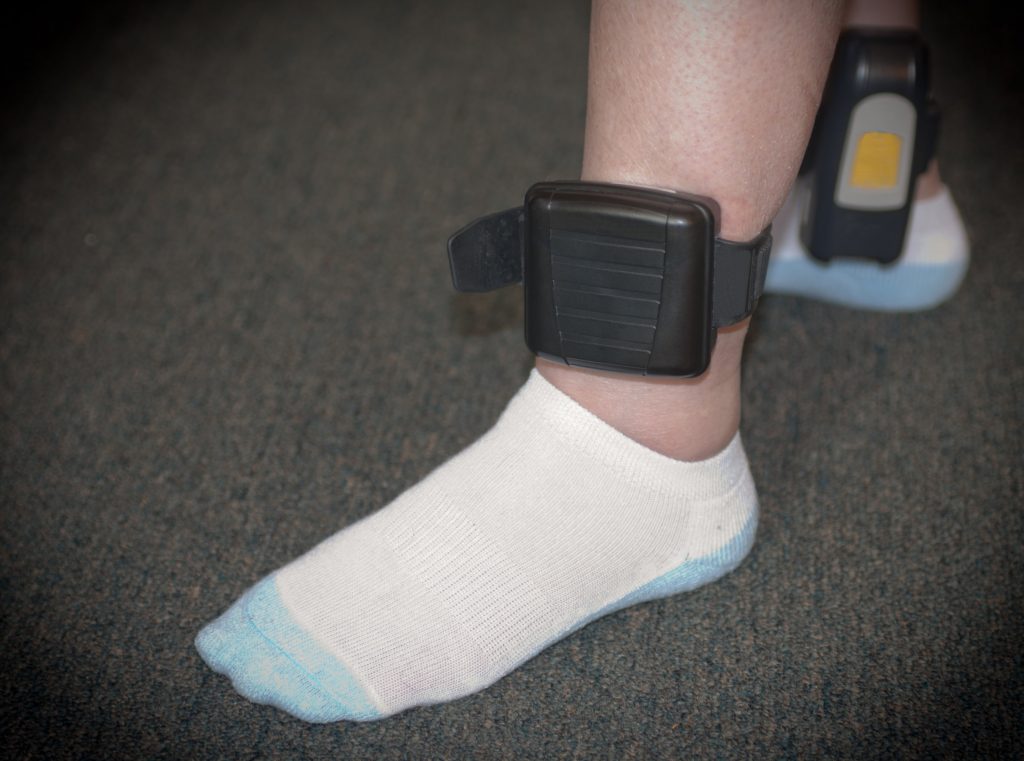
If you live in Phoenix or Tucson and have been convicted of driving under the influence, you may be eligible for certain Arizona home detention programs. These programs can significantly reduce the amount of time you spend in jail, but there are specific requirements you must meet in addition to stringent rules you must follow. Learn more from the experienced DUI attorneys at Lerner and Rowe Law Group and find out if you or a loved one may qualify for DUI house arrest.
Which DUI Offenses Qualify for Home Detention Programs?
According to Arizona Revised Statutes (ARS) §11-251.15(H) and ARS § 9-499.07(B), cities, towns, or counties in Arizona may establish home detention programs for people who are convicted of ARS §28-1381 or ARS §28-1382. This includes people who have been convicted of a standard misdemeanor DUI, which usually means that you had a blood alcohol concentration (BAC) of at least 0.08% or were proven to be impaired to the slightest degree. The home detention program may also be available to those convicted of a drug DUI or an extreme DUI.
Both Maricopa County and Pima County have established home detention programs for DUI offenses. If you were convicted of a standard DUI, drug DUI, or extreme DUI in either of these counties, you may be eligible for DUI house arrest. Before you can begin a home detention program for a first-time DUI, you must first serve at least 24 consecutive hours of your sentence in jail. If you were convicted of a second DUI offense or an extreme DUI, you must serve at least 15 consecutive days of your jail sentence before you can apply for home detention.
In addition, to qualify for home detention in Maricopa County, you must have a full-time job, be a full-time student, or be a Maricopa County resident with physical limitations that justify home detention.
Who Is Not Eligible for DUI House Arrest?
There are several circumstances under which you may be unable to participate in a home detention program or continuous alcohol monitoring program. As you’ll see below, disqualifications may vary from jurisdiction to jurisdiction.
Phoenix Municipal Court Home Detention Program
- You are considered to be a risk to yourself or others
- Your have a history of violent behavior
- A sentencing judge finds you ineligible for alternative programs
City of Tucson Home Detention Program
- You are considered to be a risk to yourself or others
- You have a history of violent behavior and/or have been convicted of domestic violence or assault
- You have been convicted of a felony
- You have been convicted of any sex offense or child abuse
- You are living in the United States without proper documentation
- The sentencing judge finds you ineligible for alternative programs
What Are Arizona’s House Arrest Rules?
You will be subject to certain rules and restrictions for the duration of your home detention in Phoenix or Tucson. The sentencing judge may also impose additional or alternative requirements other than those listed below.

- You must pay all costs associated with enrollment in a home detention program. If the court determines that you cannot afford these costs, a judge can assess a lesser amount.
- You cannot drink any alcohol or use any illicit drugs.
- You must stay inside your home at all times except for the purposes of treatment, testing, employment, community restitution, church, funerals, or any other activity sanctioned by the court.
- You must actively participate in a drug or alcohol treatment program licensed by the Department of Health Services. Additional fees may apply.
- You must submit to no less than three random daily alcohol tests (Maricopa County) and/or twice weekly alcohol and drug testing at the Treatment Assessment Screening Center (Tucson).
- You may not associate with anyone deemed by the court to be detrimental to your completion of the Arizona home detention program.
- You may be required to show proof of a private analog telephone line to be used for daily check-in calls. You must also remain within hearing distance of this phone line during curfew hours.
- You may be required to wear an ankle monitor connected to a receiver inside your home to enforce any curfew or geographic restrictions of your home detention enrollment.
- You may be required to utilize a home sobrietor for randomized alcohol breath tests. The home sobrietor includes voice verification and proximity sensors to ensure that you are the one taking the breath test.
Note: Some people may also be eligible to take part in an alcohol monitoring program in lieu of or in combination with DUI house arrest. The Phoenix Municipal Court Continuous Alcohol Monitoring Program (CAM) monitors alcohol consumption 24/7 but does not require participants to stay at home to be monitored.
Find Out if You’re Eligible for Arizona Home Detention
If you have been arrested or charged with a DUI offense, it is imperative to secure effective legal counsel as soon as possible. The experienced criminal defense attorneys at Lerner and Rowe Law Group are available 24/7 to assist clients who are facing DUI charges. Invoke your right to a lawyer as soon as possible and call us at (602) 667-7777 in Phoenix or at 520-620-6200 in Tucson.
Even if getting the charges dropped or dismissed isn’t possible, a qualified DUI lawyer can advocate on your behalf for lesser sentencing, including probation, continuous alcohol monitoring, and/or DUI house arrest instead of jail time.
Contact us today for your free and confidential consultation, send us your case details using this form, or connect with a representative right now via LiveChat. We also offer affordable payment plans to make getting the legal help you need more accessible.
